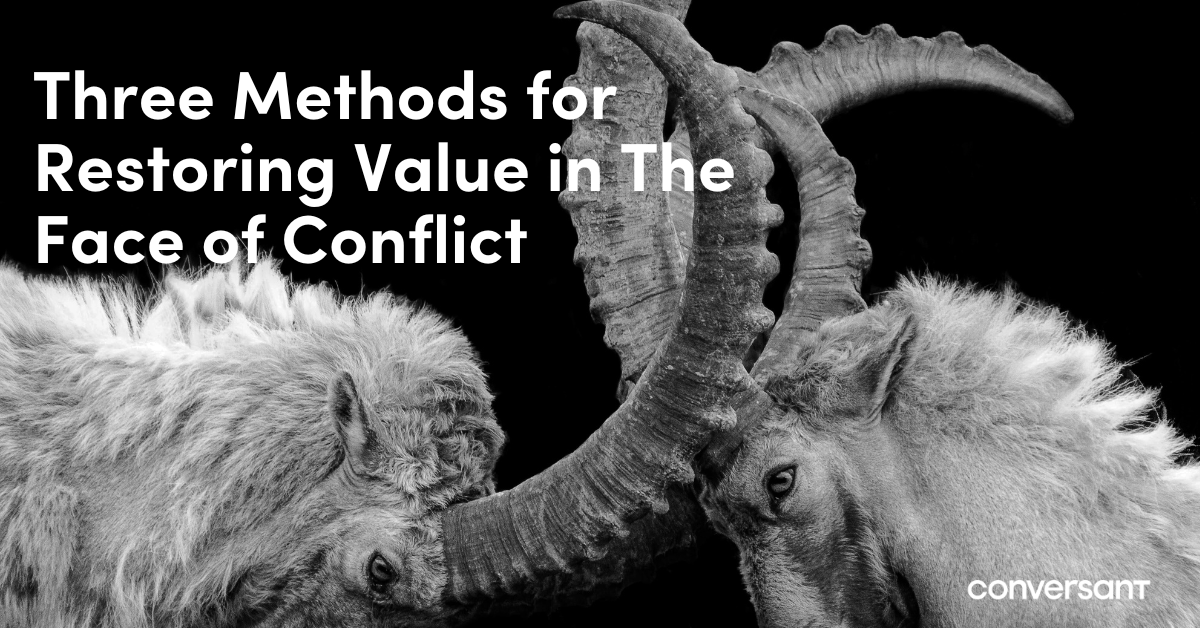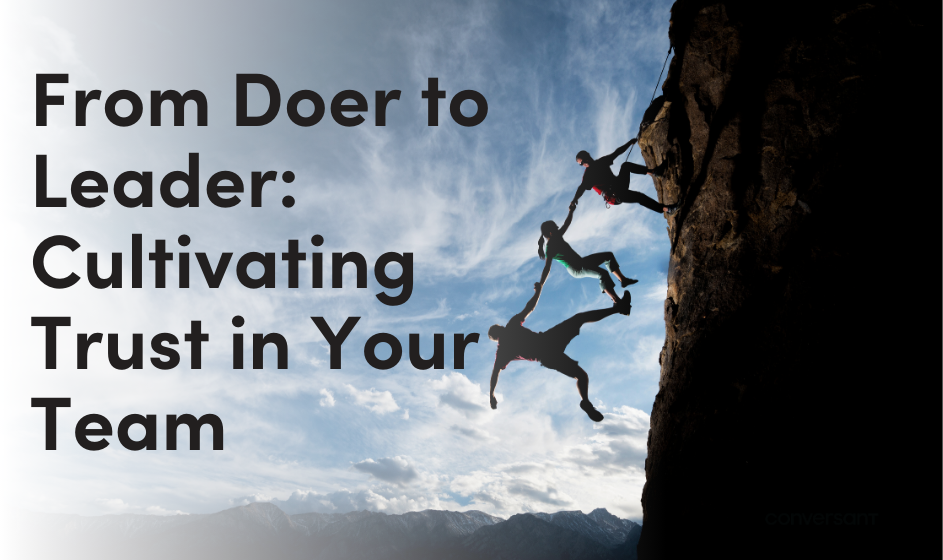I recently coached a client that implemented CRM systems as part of a technology consulting group. The group and the coachee had a great reputation, however, the project was a dumpster fire.
You might be able to imagine what was happening. The project stakeholders were complaining that the lead and the technology group were doing something wrong, and the lead was saying the same about the stakeholders.
“I don’t know why this is happening. Every other client I worked with loved what we did,” was a common phrase by the lead. In interviewing the stakeholders, the common refrain was, “They don’t understand our business.”
The trouble was: they were both correct.
We typically learn in different stages. At the low end is arrogance, or “I already know that.” At this stage, learning itself is prevented by already “knowing” the outcome. No new knowledge can be gained. But once someone gets curious, insight can occur. These are the surprising “aha” moments. Most times when we walk into a bookstore (physically or in the Amazon digital-aisle) we may find ourselves with abundant insights. These insights can only take us so far without the next stage: action. Action begins to cement that insight and allows a richer understanding. Action taken over time can be shaped into reliability where we are known for and can be counted on for our specific actions. Actions like implementing CRM systems.
When the project lead encountered this resistance, it was taken as an affront to their reliability. They had mentioned the delighted customers in the past as an argument for why the current client should reevaluate their current experience. The challenge with reliability though, is that without remaining open to new learning, reliability can turn into complacency, and complacency takes us back to arrogance. The project lead was effectively walling off any new learning from the current client and stating “I already know what they need.” Similarly, the project stakeholders had been through technology implementations before, many of which did not satisfy their expectations, and they assumed that this would be no different. They too were in a position walled off from any new learning.
With the lead and the stakeholders already “knowing” what the outcome would be, how do you think the implementation would go without any changes to how it’s going right now?
I asked the project lead this question. His response? “Not well.”
When we don’t believe that a project is going well, we have a choice, and with that choice we can begin to recover value.
Three methods to recover this value are:
- Listening to learn by asking questions: These questions are typically in the form of “who, what, when, where, and how” and importantly are *not* meant to confirm prior beliefs.
- Being present to what is important to the client, what is concerning to the client, and what their current circumstances are: The beauty is that people are offering up this information all the time if we care to listen for it.
- Understanding the purpose and outcomes of previous client work rather than merely the specific methods of that previous work: Often we can confuse methods with purpose or outcomes. If what we are focusing on is how we will accomplish a project, we can easily lose sight of why we are doing it in the first place or what outcomes the client wants to achieve.
In any situation we find ourselves in, the path to becoming valuable begins with an honest perspective of where we are at and is followed by an openness to learning.
In the CRM project, the project lead began to get clear on what was present for the stakeholders. While it took some time, the stakeholders began to trust the lead based on how they were approaching the challenge. The system that was ultimately implemented had unanimous support from the stakeholder group.
Where do you find yourself in your projects? And what might you do to recover value?
(co-edited by Shaoling Ciaccia)




